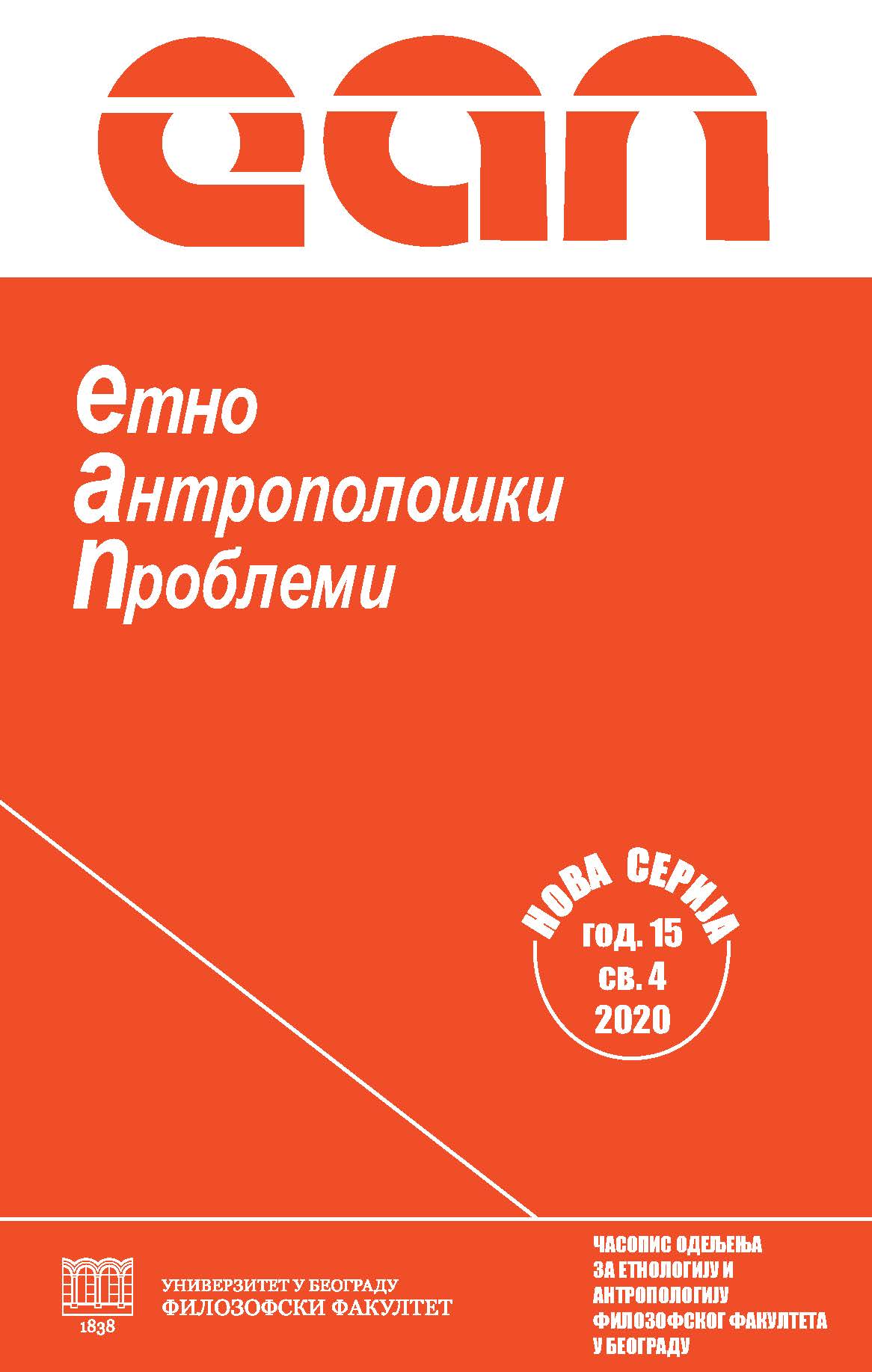Socijalni stavovi studenata prema Nemcima i nemačkom jeziku u tradicionalnoj i inovativnoj nastavi nemačkog jezika na Filozofskom fakultetu u Novom Sadu
Students' Social Attitudes Towards German and The German Language in Traditional and Innovative Teaching of German as a Foreign Language at The Faculty of Philosophy in Novi Sad
Author(s): Ana StipančevićSubject(s): Language and Literature Studies
Published by: Филозофски факултет, Универзитет у Београду
Keywords: measuring attitudes; traditional / innovative teaching; intercultural competence; authentic texts; teaching German as a foreign language
Summary/Abstract: The study of attitudes plays an important role in the field of social psychology, but also in the field of language teaching theory, since attitudes towards the nation, language, and teaching itself affect the motivation for language learning, and thus academic achievement. The goal of modern foreign language teaching is not only to develop students' communicative, but also their intercultural competence, which includes the ability to make contact with members of other cultures, the ability to compare their own and foreign cultures, as well as overcoming cultural conflicts and misunderstandings. Teaching a foreign language has, therefore, a task to connect people and build bridges between cultures.The best way that cultures draw closer to each other is direct contact or residence in the target country, but, as most people are not in a position todo this, knowledge of a foreign culture can be acquired indirectly through teachers and teaching content. Today it is very controversial whether and to what extent modern textbooks have the potential to impart knowledge about German culture, as well as the image of a country and its people. Intercultural didactics argues that textbook texts are not sufficient for the acquisition of the knowledge and skills, and urge the use of authentic texts in teaching a foreign language. In order to determine the potential of textbook and authentic texts for teaching German as a foreign language (and culture) experimental research was conducted in the year 2014-15 with students from the Faculty of Philosophy (Novi Sad) who have German as an elective course. The study applied the two approaches, traditional, in which the textbook texts and other didactic materials were the basic teaching tool, and innovative, in which authentic texts were used. The study included a total of 36 students and lasted for two semesters. The research used questionnaires, and the research results are presented in the form of mean values, with a standard deviation. For determining the statistical significance of differences between means the t-test was used. In addition to the descriptive, the correlation method was also used, and the data were processed using the program SPSS Statistics 20.
Journal: Етноантрополошки проблеми
- Issue Year: 15/2020
- Issue No: 4
- Page Range: 1211-1226
- Page Count: 16
- Language: Serbian

